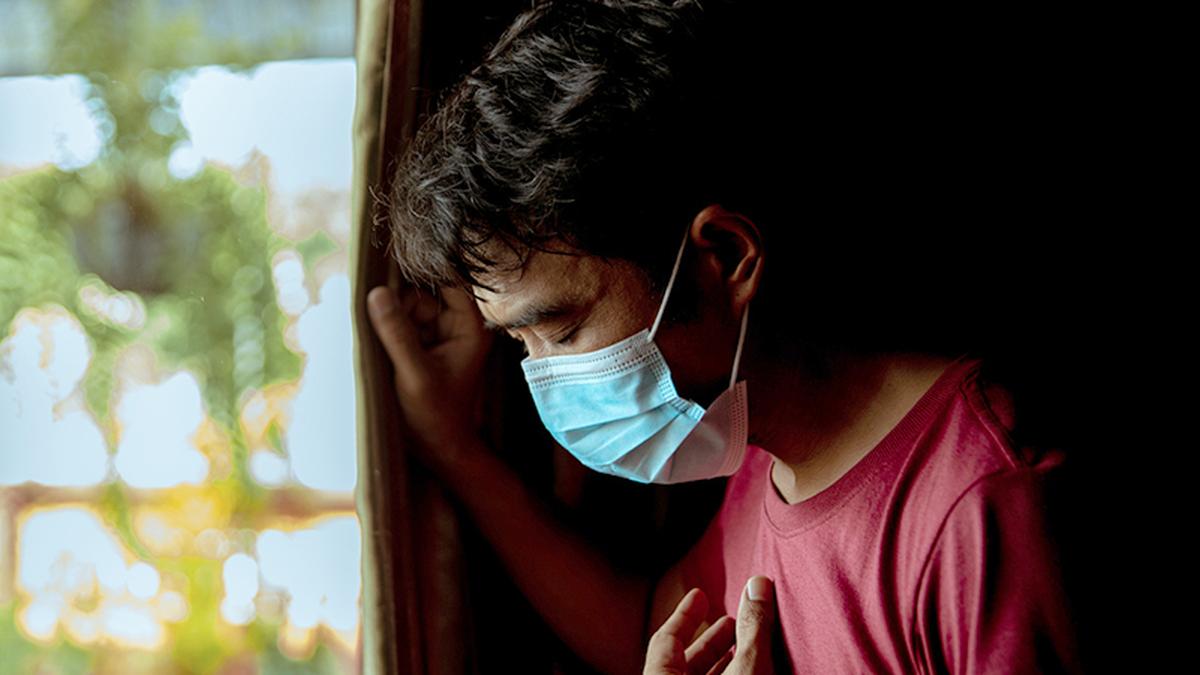
Symposium explores impact of climate change on health
The Hindu
Climate change has an impact not only on infectious diseases such as dengue and malaria but also on chronic diseases. The planet is heating, and more heatwaves could increase the chance of heart attacks, strokes, kidney diseases, impact sleep and mental health, raising the need to find practical solutions to help the communities most impacted, according to Anushka Patel, chief executive officer, The George Institute for Global Health.
Climate change has an impact not only on infectious diseases such as dengue and malaria but also on chronic diseases. The planet is heating, and more heatwaves could increase the chance of heart attacks, strokes, kidney diseases, impact sleep and mental health, raising the need to find practical solutions to help the communities most impacted, according to Anushka Patel, chief executive officer, The George Institute for Global Health.
At the second annual symposium of The NIHR Global Health Research Centre for Non Communicable Diseases and Environmental Change held on the theme, ‘Innovative Solutions and Strategies for Sustainable Health and Environment’, on Monday (December 2, 2024), Dr. Patel said that the twin epidemic of chronic diseases (NCDs) and climate change/environmental degradation was affecting health in Low and Middle Income Countries (LMIC).
The centre, she said, is working to find practical solutions to help the communities most impacted in India, Bangladesh, and Indonesia. For instance, in India, they were looking at the changes in agriculture and food supply due to climate change, increase in salt level in drinking water in Bangladesh, and problem of burning of plastic in Indonesia, she added.
“We are engaging communities and policymakers to prioritise the problems and develop and test solutions. For instance, we have ‘Smart Health’, a technology-based solution in which we use mobile technology to support communities. In this, healthcare workers in the three countries, such as Accredited Social Health Activists (ASHA) in India, identify those at high risk of NCDs. We are now adding environmental risk factors to this,” she explained.
Speaking at a panel on ‘The future of health in the face of environmental challenges’, Sujatha Rao, External Advisory Board chair, said that India has the largest number of young persons dying due to heart diseases as well as the highest disease burden of under-five mortality, with 66% of these children having access to poor quality water. “While children and elderly are the vulnerable population in India, poverty is a major determinant,” she said.
She called for intersectoral collaboration at the primary health care level and to build public health capacity in the country.
Vivekanand Jha, executive director, The George Institute for Global Health, India, said that NCD and environment change threaten not only the future of health but also pose the risk of losing the health gains made in the past. “We need new things, innovations especially rooted in the primary care settings to address the challenges collectively,” he said, raising the need to leverage technology and to involve the community.

The Karnataka government has drafted a comprehensive master plan for the integrated development of Kukke Subrahmanya temple, the State’s highest revenue-generating temple managed by the Hindu Religious Institutions and Charitable Endowments Department. The redevelopment initiative is estimated to cost around ₹254 crore and aims to enhance infrastructure and facilities for devotees.












